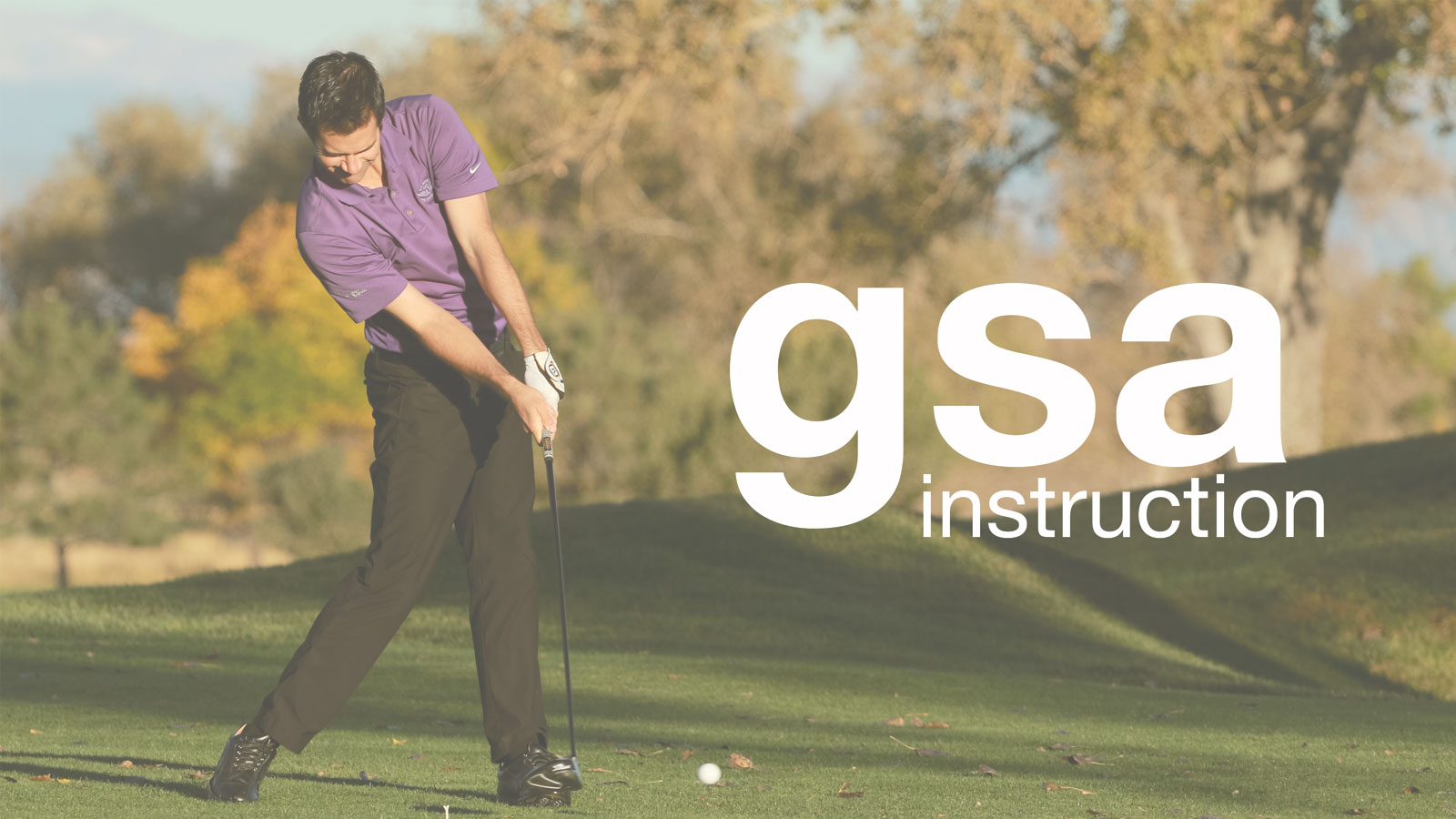Subscribe now to watch the full video.
The talent code was one of those books that makes you stop and think about assumptions you've taken as "true." In this case, what does it take to build a skill. Daniel Coyle's book established some great guidelines for learning to master a skill, such as golf. In his blog recently, he had a great post about how to evaluate how good a practice session was. I think that question, by itself, is a novel idea for most golfers. I've casually asked my students, and most of them would answer, "if I hit a bunch of good shots" or "if I was hitting it better when I left then when I got there." But these are short lived progress, compared to the longterm approach that the Skill-ometer could build. If you want to read the article, check it outhere
But if you don't want to read it, here's the scoring criteria for evaluating a practice session.
"Here’s how it works: Score your practice session by responding to each of the following statements on a scale of 1-5: 1=strongly disagree; 2= disagree; 3=neutral; 4=agree; 5= strongly agree
- Intensity: We gave 100 percent effort and attention.
- Engagement: We were emotionally immersed in the tasks we took on. We knew what we had to do, and it felt like a game.
- Practicality: We practiced exactly the skill that we’ll be using later, in the same way that we’ll be using it in “game situations”
- Repetitions: We embraced the value of repetitions, especially for the most challenging skills
- Clarity: We understood the day’s goal, and where it fit in the larger picture
- Reachfulness: We were pushed to spend time on the edge of our abilities, struggling and reaching just past our current competence
- Fun: It was hard, but not miserable. There were moments of laughter and surprise.
Scoring: (Out of a maximum 35)
- 30-35: You are in the elite zone, hanging out with Peyton Manning and Yo-Yo Ma. Keep doing what you’re doing.
- 25-30: This is a B-plus. You are highly effective, with a few things to work on.
- 15-25: This is closer to a B-minus. You do a few things well, but have some clear weak spots that need addressing.
- 5-15: You need to rethink your approach and design. Start by finding those in your field who score higher and study them."
I think the idea of reachfullness is one of those game changers. How do you make sure that you are constantly pushing your skill to the brink of your current level. And if you are hitting it well, what can you do?
Well, a simple game that I like to give my students is if you hit three balls in a row, and each one of them is an acceptable shot, then your next ball has to be hit from a bad lie. If you do three bad lies, then you you need to hit different shots out of bad lies. Trust me, this game gets frustrating very quickly, but in a good way.
Don't just limit yourself to beating balls trying to "find your swing". Know that you will never find it for good and that constantly striving to be better is a more realistic plan for your game. If you get off the range or course, and your practice doesn't reflect the areas in the Skill-ometer, then maybe you should try something different next time. It may be the difference between holding up under pressure, and collapsing.
Tags: Beginner

